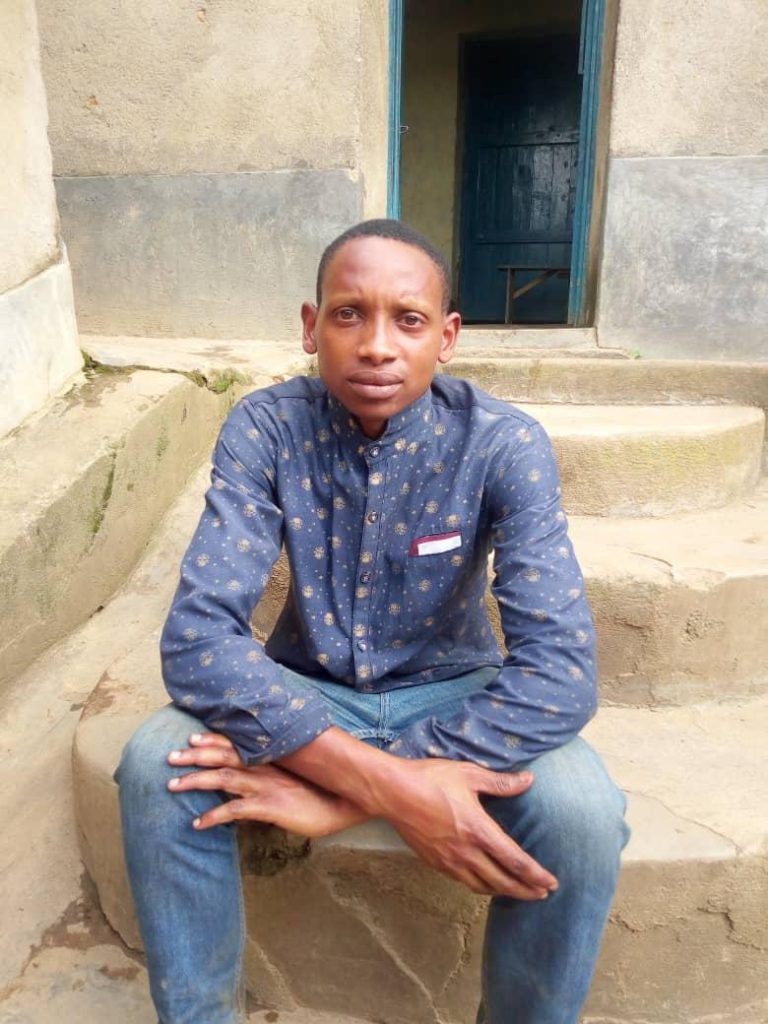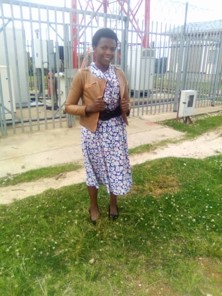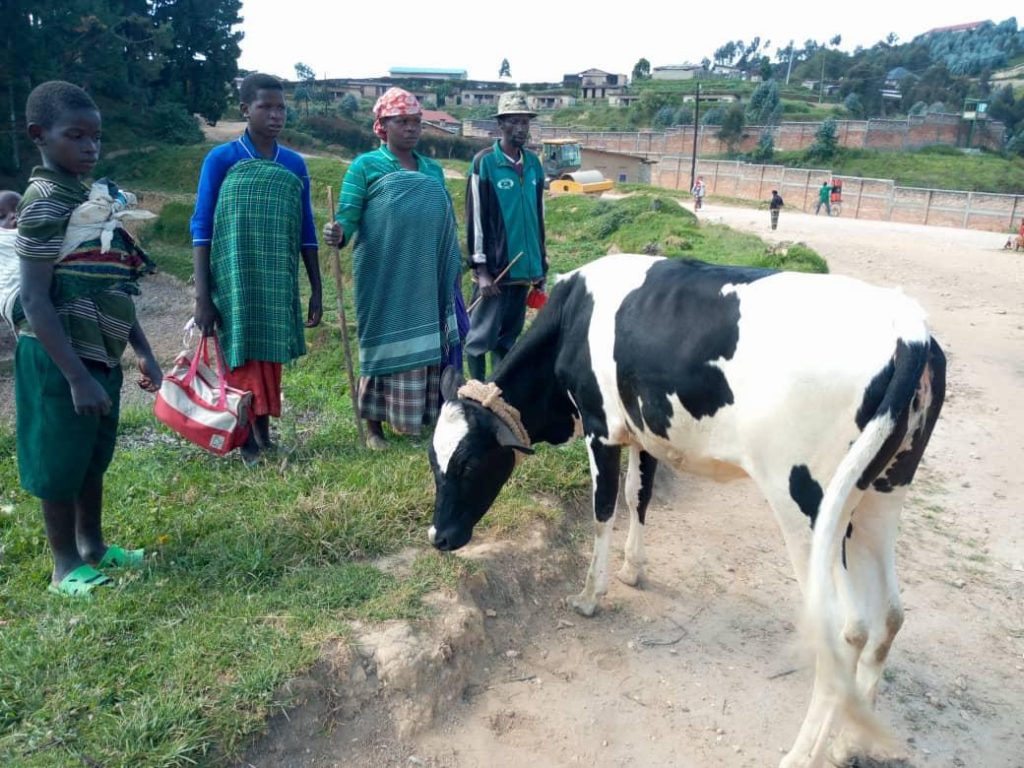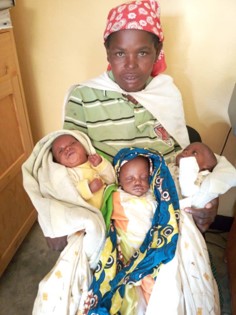Projects funded in 2021
ERICANDO at Lipa for Erica’s 40th Birthday!
(Contents of this article are taken from material published by Caritas Ambrosiana, Caritas Italiana, Caritas Bologna, IPSIA and Vita magazine)
The Balkan route is the path that thousands of people travel every year to enter Europe: starting from Greece, migrants go up the Balkan peninsula to reach the Western European countries.
Since 2017, when several Balkan countries began to close their borders, migrants deviated from their route and crossed into Bosnia- Herzegovina.
Why is this a problem?
Bosnia-Herzegovina is still affected by the consequences of the early 1990s war. Social tensions persist between the various ethnic-religious groups of the state: the Bosniaks, the Bosnian-Serbs and the Bosnian-Croats. The tensions between these groups have an impact on the system that receives migrants. From the beginning of the migration crisis, the Serbian community has declined any responsibility in managing the reception facilities, leaving the entire burden to the remaining half of the country. The migration wave of 2017/2018 has therefore further weakened a system made of only one reception camp, already fragile and structurally unable to respond to a large-scale migration flow.
Where are we?
In Bosnia-Herzegovina there are about 8000 migrants, 5000 of whom are hosted in the five official camps managed by the International Organization of Migration (IOM). These camps are overcrowded and unable to accommodate all the migrants: at least 2000 of them are scattered throughout the territory and reside in makeshift shelters, abandoned buildings, or improvised camps in the woods. Currently, just less than 1,000 migrants reside in the camp located in Lipa, a town on the hills behind the town of Bihac, in Bosnia and Herzegovina.
What happened?
On the 23rd of December 2020, a fire destroyed the Lipa camp. The guests built makeshift shelters out of what was left of the tents. For three weeks they were left by themselves. During this period, Caritas Italiana, Caritas Ambrosiana and Ipsia distributed firewood to allow them to warm up. In January, the Sarajevo government sent the army to rebuild the camp.
As of now, however, the tents are not enough to host all the migrants and do not guarantee an adequate solution because tents are not heated. The new camp has no running water and electricity is not available.
A first attempt to transfer the migrants to Bihac failed due to the mayor and the cantonal authorities’ opposition. After that, the government established that the Lipa camp would be an “Official Reception Center” and IOM, which had left the camp prior to the fire, would have managed it.
Following these events and in agreement with the local authorities, Caritas and Ipsia shifted into a more structured intervention addressing food and health related needs.
Today
During winter, media and news widely described the extremely difficult conditions the migrants stranded in Lipa were facing with. In January and February 2021, the Lipa Camp was hit by the Bosnian cold, with storms of snow and below-zero temperatures.
For weeks Members of European Parliament, reporters, aspiring volunteers and curious people reached the Bosnian canton of Una-Sana to witness with their own eyes the migrants trapped between two borders, along the Balkan route, waiting to move to the last stage of the ‘game’. The ‘game’ is how the migrants call the gruelling challenge to cross the Croatian border and reach the heart of Europe.
Now that spring has timidly appeared, the frost in the Lipa Camp has thawed, as well as the media attention. Only organizations such as IPSIA Acli and Caritas, that have been working in these territories for years, stayed to guarantee humanity and welcome the migrants arriving in Bosnia after years of marching.
For this reason, on such an important anniversary for us – the birthday of our beloved Erica, we decided to support the migrants during their stay in the Lipa camp, financing a full day of meals distributed by the Red Cross of Bihac in the tensile structure used as a refectory.
The Refectory
After more than two months since the fire devastated the camp, the migrants are able to eat in a warm location for the first time, thanks to the refectory that was built with funds raised by Caritas Ambrosiana and managed by Ipsia.
Since February 2021, the 980 migrants who live in this small place on the Bosnian plateau, have been granted lunch and dinner in the tensile structure without being forced to queue up in the cold and often under the snow. Furthermore, the refectory has become a place for socializing during the whole day. Guests stop there to drink hot tea or play checkers, chess, backgammon. Even those who are still living in makeshifts shacks, outside the tents built by the army, can reach the refectory and spend a few hours in a warm environment where they can enjoy basic comforts that are still a luxury for many, such as taking their soaked shoes off.
Erica would have spent her days getting to know the migrants in Lipa, listening to them and asking their stories, reassuring them and helping them even with a big smile, sipping hot tea with them. For this reason, we chose naturally to celebrate Erica by multiplying her smile into the 980 people who will be smiling when receiving their hot meals on the occasion of her birthday.
Projects funded in 2020
Education and professional trainings
EricAndo has decided to support Sham’s professional studies in violin. Below you can find her own words.
“I am Sham Alnemeh and I am 24 years old. I am a violin player from Syria. I have always had a big dream that accompanied me from childhood, when I started playing: to become a famous musician.
This dream did not stop growing up and my aspirations crossed the borders when I started thinking of a more advanced and professional place where I could learn the classical music as in Syria advanced teachers and institutes are no more available, because of the conflict. But it would have been impossible to achieve that without the support of EricAndo that is enabling me to continue my studies of music abroad. I am now studying at the University of Pécs, in Hungary, where I am attending a Master degree in violin performance.”
Click HERE to listen to Sham and her violin

Education and professional trainings
From its very beginning, EricAndo supported a neighbourhood that Erica knew well and that she had visited during one of her travels of few years ago. In the south east of Rwanda, Erica went to Butare, where she appreciated what the Association ‘Amici di Texo’ was doing. This association was well established in the field and was supporting small rural communities. In cooperation with this association, EricAndo identified the most needy individuals that were supported with some ad hoc important interventions. EricAndo is supporting Evaristo in completing his studies. He is a student at the University of Kigali, where he recently moved. EricAndo is providing him with financial support to cover the education fees till 2021 so that he will be able to complete a Degree in Tourism Management.

Dolocas, a single mom from Butare, is also receiving financial support to continue her studies at the University. She is studying Pedagogy and the payment of the fees is due till 2021.
Material support to the most vulnerable individuals

EricAndo supported a widow with five children in Butare with the donation of a cow, which is a very precious asset in the rural communities of Rwanda, Cows produces milk and dairy products that are regularly used in the local diet of children and adults. Also, the cow produces excrements that are used in fertilizing lands as well as in building local housing structures that insulate the walls from the heat in summer and the cold in winter.

In Kinteko, a small village not far from Butare, eight vulnerable families with young children, who could not go to school because of their financial situations, were identified and supported with the provision of school materials, including uniforms. The children now can attend the academic year. One family was also supported with financial means to purchase a piece of land that is being used for farming.
